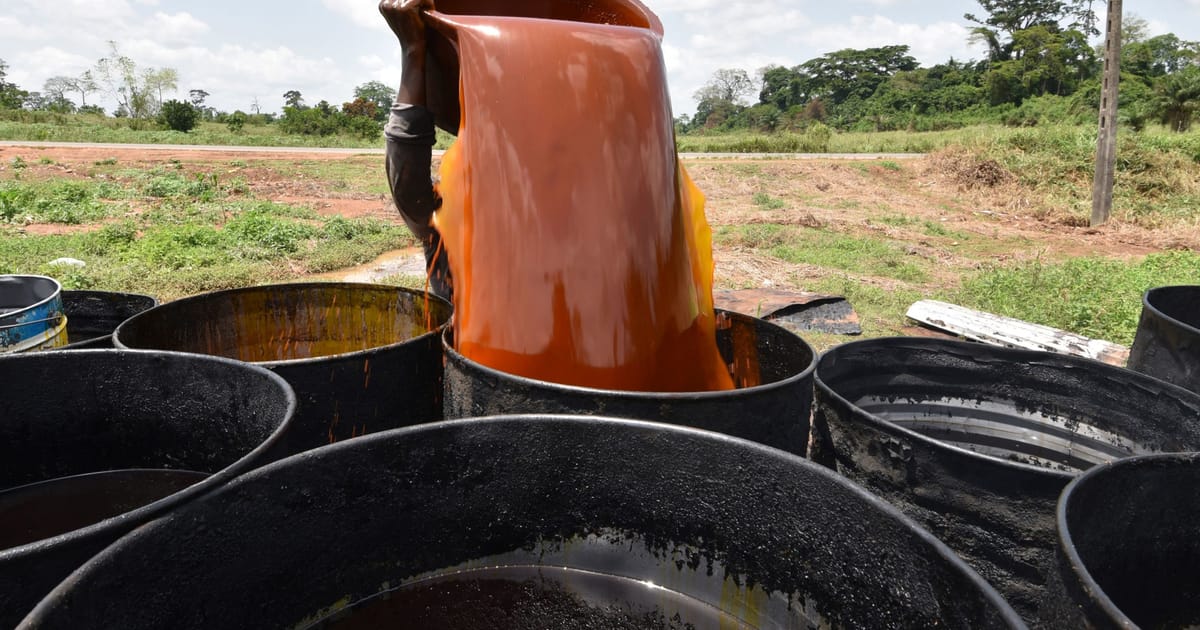
Ukraine war offers palm oil a comeback, to the horror of green groups
Environmentalists fear efforts to cut products linked to deforestation could be undone as foodmakers seek replacements for Ukraine’s sunflower exports.
Environmentalists risk losing hard-fought gains in ridding Europe of palm oil as food companies scramble to replace sunflower oil.
Russia and Ukraine are the world’s biggest producers of sunflower oil, which is used in a wide range of food products — from frozen potato fries and biscuits to mayonnaise and infant formula. But the war between them has seen exports tank. As a result, some food companies are considering going back to palm oil and soybean oil (another bête noire for environmentalists) in desperation, regardless of the damage to tropical forests.
“It’s bad news for people, forests and wildlife when vegetable oil hits record price highs,” said Kiki Taufik, a Greenpeace campaigner in Indonesia.
The EU normally imports half of Ukraine’s production of sunflower oil, but prices skyrocketed after Russia invaded Ukraine in February, which closed Ukraine’s ports and virtually shut down the country’s sizeable food industry. In response, U.K. supermarket chain Iceland announced it would switch back to palm oil, despite acknowledging that the oil is a driver of deforestation and habitat loss in Southeast Asia.
But Iceland is not the only one that has switched, and many more are considering a return to palm oil, said Pietro Paganini, the president of sustainable nutrition consultancy Competere.
Several food companies operating in the EU told POLITICO that a major recipe change was indeed underway. And a leading multinational said that both palm oil and soybean oil “are the most obvious” replacements for sunflower oil.
Palm oil producers themselves, disgruntled at being increasingly shut out of the European market are eager to come back in.
“While the Russia-Ukraine conflict has spun the world into more turmoil … the solution for the edible oil sector may lie in a reverse to the old ways through adoption of various palm oil … applications,” said the Council of Palm Oil Producing Countries, a trade association made up of Malaysia and Indonesia, which together produce 85 percent of the world’s palm oil.
While it’s too early to see the rising demand in trade figures — export statistics are usually published only weeks or months later — the United Nations’ Food and Agriculture Organization has already observed a record high in palm oil prices in March, attributing the rise as a response to sunflower oil shortages.
